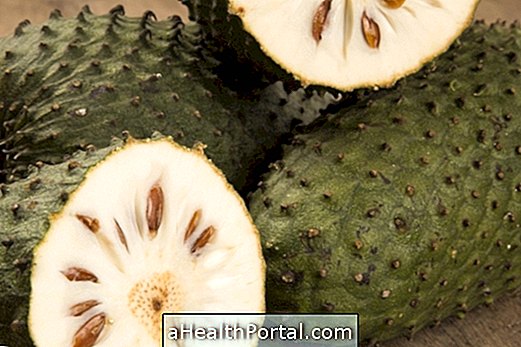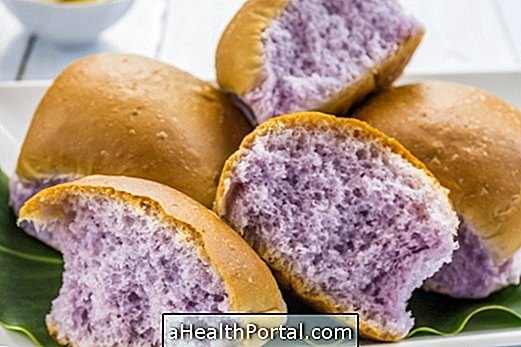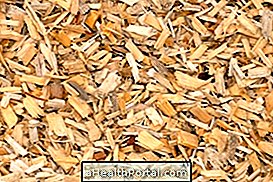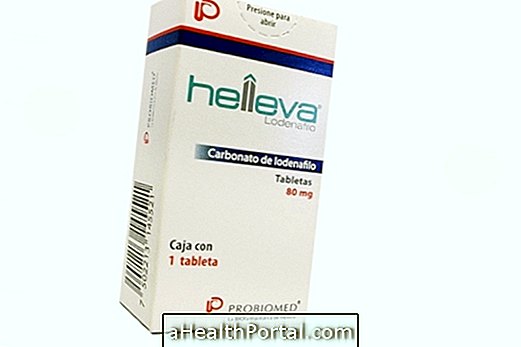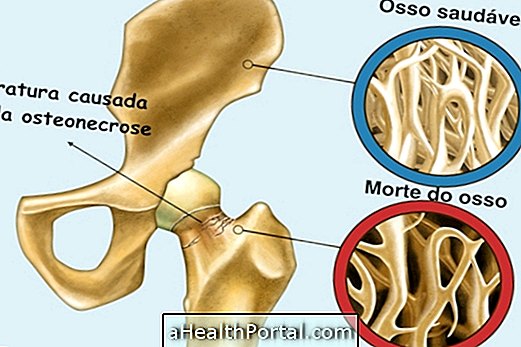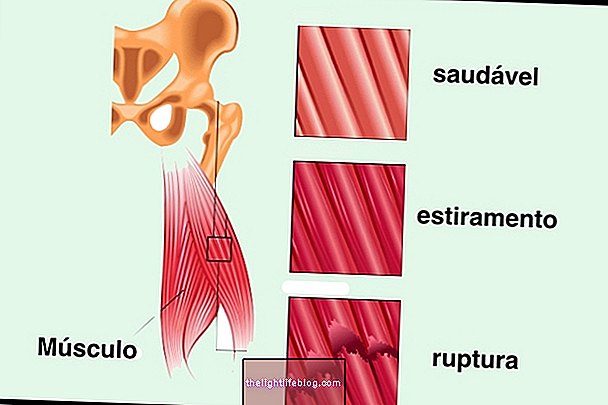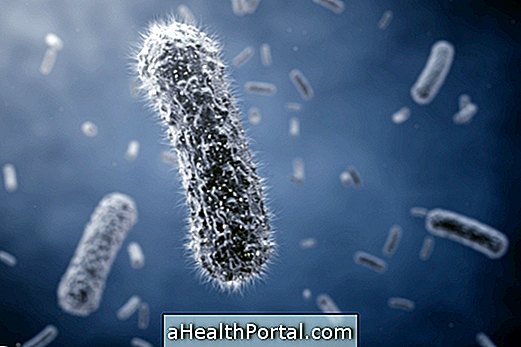Algae are plants that grow in the sea, especially rich in minerals such as Calcium, Iron and Iodine, but can also be considered good sources of protein, carbohydrate and Vitamin A.
Seaweeds are good for health and can be placed in the salad, soup or even in the vegetable sauce or stew, thus increasing the nutritional value of the vegetables. Other benefits of seaweed for health include:
- Improve brain function;
- Protect the stomach against gastritis and gastric ulcer;
- Improve heart health;
- Detoxify the body;
- Regulate the metabolism.
In addition to all these benefits, marine algae can also be used to lose weight because they have fibers that stay longer in the stomach and therefore give satiety, regulate the thyroid and metabolism, and can facilitate the process of weight loss. Check out some of the most common thyroid diseases.
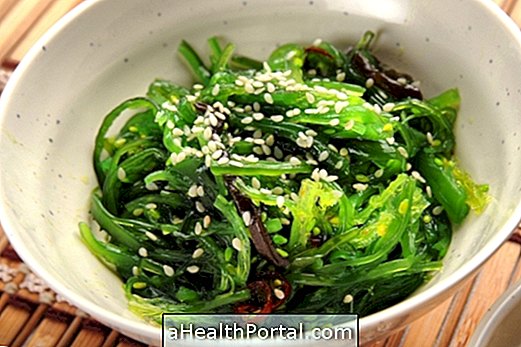
How to consume seaweed
Seaweed can be consumed in the juice (in this case spirulina powder is used), soups, sautéed and salted. Another good way to eat seaweed is by eating sushi. See: 3 reasons to eat sushi.
When you do not like the taste of seaweed, you can have all the benefits of seaweed in capsules , as they are also used as a food supplement.
Benefits of Seaweed for Skin
The benefits of seaweed to the skin are mainly to help fight cellulite, as well as reduce sagging skin and early wrinkles due to the action of collagen and mineral salts.
The algae can be constituents of creams, peeling products, waxes for hair removal and other products with algae to always have a healthy skin.
Nutritional information
The following table shows the amount of nutrients in 100 g of edible seaweed.
| Nutrient | Quantity in 100 g |
| Energy | 306 calories |
| Carbohydrate | 81 g |
| Fibers | 8 g |
| Saturated fat | 0.1 g |
| Unsaturated Fat | 0.1 g |
| Sodium | 102 mg |
| Potassium | 1.1 mg |
| Proteins | 6 g |
| Calcium | 625 mg |
| Iron | 21 mg |
| Magnesium | 770 mg |

